Parents engaged in public schools have a tremendous opportunity to effect change and improve the lives of hundreds of children. Whether your personal passion is nutrition, outdoor learning, mindfulness, conscious alternatives to reward and punishment systems, movement, gardening, recycling and composting or other topics related to health, wellness and sustainability, there are lots of ways to get involved and inspire others.
New! Updated December 2018:
In Arlington:
Mini-Grants for Clean Air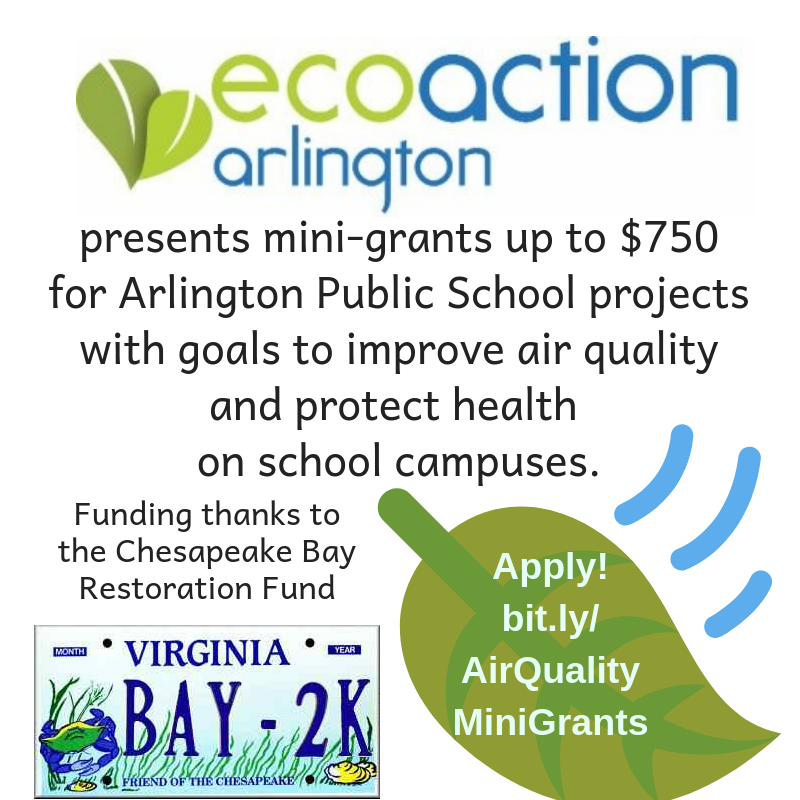
Screening of Idle Threat with free books for educators who register ahead!
Petition for Low-Screen Option in Schools
For those who have the ability to volunteer, a great place to start is with your school’s PTA and administration to find out where there is room for innovation and action.
There might be:
- terrific opportunities that already exist or that have been dormant and are ready to get new life breathed into them
- topics no one at the school has considered but that merit attention
- initiatives that the school district is taking or might consider taking if it has more information and some impetus for change.
If you’re not sure where to start, you can ask about:
- School Wellness Committee
- Sometimes part of the PTA, usually led by parents but may include staff
- School Green Team
- May be an afterschool club or an enrichment activity for kids or something organized by parents or by staff
- PTA Events or Programming Team
- You can play a role in ensuring healthy food options, recycling and other nods to the environment
- School Health Advisory Board or Advisory Council
- A district-level group that may have monthly or quarterly meetings and is attended by a variety of people, including those involved in school health and instruction
- District Sustainability Committee or Go Green Initiatives
- May be a citizens’ advisory council or a specific department in the district
- Community Groups
- If you’re already involved in health or environment initiatives outside the school district see if there are or could be partnerships and collaborations
Some things you can consider doing to effect change include:
- Attend PTA and district-wide meetings
- Serve on or start a PTA committee or an issue-oriented Facebook group
- Schedule a meeting with your school’s administrator or child’s teacher
- Organize events to raise awareness or engage families in healthy behaviors
- Bring in a guest speaker or offer to make a presentation to staff or students
- Volunteer in the classroom, in the school or in after-school programs
- Participate in study or action groups in your school district, apply to serve on citizen advisory boards, or run for School Board
- Look for funding sources that support healthy schools.
Resources for Involvement
Here is a snapshot of school health resources around the DMV plus some additional groups to check out on issues related to health and wellness, outdoor learning and mindfulness.
School Health Advisory Boards, Councils, Committees or District Pages on School Health
Virginia
Arlington
Alexandria
Falls Church City
Fairfax
Prince William
Loudoun
Maryland
Anne Arundel
Montgomery
Prince George’s
Community Resources
There are loads of terrific groups and organizations that do terrific work on children’s health and sustainability in schools.
Groups
Here are a handful of local and national health-related groups focused on education and children’s health.
- Action for Healthy Kids
- Children’s Environmental Health Network
- Earthforce
- Eco-School USA
- Green Schools Alliance
- Minds
- Moms Clean Air Force
- NoVA Outside
- NOVA Opt Out
- Real Food for Kids
- YoKid, organizer of the National Kids Yoga Conference
In addition to following your school district on social media, also look for Facebook groups or pages for your interest area or for your school district. Here are some Facebook groups and pages relevant to green and healthy issues in schools in Arlington.
- Arlington Education Matters
- APS School Health Advisory Board (SHAB)
- APS Green & Healthy
- Arlingtonians for Primary Sourced Learning (APSL)
Wellness Policies
It’s important for all parents to be familiar with their school district’s Wellness Policy. In Virginia, all schools were required to update their Wellness Policies with certain guidelines by June 2017, so most school districts have probably made recent revisions.
In Arlington, the new Wellness PIP includes lots of new language. Some of the areas of note include:
- APS will work to minimize student and staff exposure to vehicle exhaust
- Schools will promote healthy indoor air quality by using low-odor supplies and complying with APS guidelines against the use of air fresheners and perfumed products and by properly operating HVAC systems
- Schools are encouraged to develop policies that prohibit food for in-class celebrations and to explore non-food ways of celebrating
- Teachers and staff will not use candy, soft drinks or food as a reward
- Schools will require the inclusion of healthful food choices at events and celebrations where food is served
- Students will be granted periodic access to water fountains and personal water bottles
- The District will encourage non-food-based fundraising
- Withholding of recess will not be permitted
- During indoor recess, students will engage in inside activities that provide opportunities for movement
- APS will periodically review data regarding the student use of devices specific to student safety, health and mental wellness. This information will be used to inform policies and curricula.
- Schools are encouraged to explore incorporating yoga, mindfulness activities, meditation, breathing exercises and time in nature to support students’ socio-emotional health and learning.
On a higher level, the PIP states:
- All schools are to form Wellness Councils, led by the principal or assistant principal
- All schools will utilize a standardized online assessment instrument like the the CDC’s School Health Index and do so in the 2017-18 year and then every three years thereafter
Many of these changes and additions came about because of the advocacy of an individual or group. They stand to have impact on thousands of children and their families.
My story in public schools
I’ve been able to volunteer for several different projects in and related to Arlington Public Schools.
The first year we entered the school system, my child’s school was aiming to raise a large chunk of money in order to build a Wetlands Learning Lab. This project would address the persistent water problem in the schoolyard, would support wildlife and would help protect the Chesapeake Bay watershed by reducing runoff. I joined with teachers and alumni, and the administration, to create a benefit concert with entertainment, activities and a silent auction. It was a lot of work, but now that event has evolved into an annual tradition each spring that raises money for the outdoor classroom and other PTA activities. And now the Wetlands is thriving. In addition to keeping the schoolyard dry, it provides a beautiful space for reflection and study.
Later I worked more closely on outdoor classroom initiatives. I encouraged a friend who I knew was passionate about healthy eating and gardening to apply to send her children our magnet school. After a year of her volunteering and making a splash with the classes who spent time with her in the garden and making tasty, healthy garden-to-table snacks, we successfully asked the PTA to fund her as a consultant.
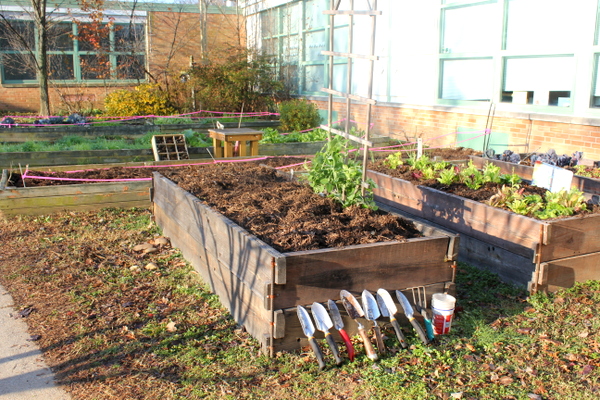
Her position has evolved and grown; she’s now a school employee paid as an Instructional Assistant and compensated by the PTA for her planning time. Now all students at the school begin the year with an orientation to the outdoor classroom and then go on to have several lessons that integrate real-world, hands-on learning with Virginia standards.
To help spread the word about this kind of learning, I worked with a group of other parents and community leaders on putting together an event called Growing Green Schools. This afternoon event included speakers who were integrating outdoor learning into all levels of the curriculum. A slideshow of images from around the county celebrated the wide range of projects being undertaken. Exhibitors from various community agencies and organizations gave attendees the chance to make meaningful connections. A handout compiled many resources in one place.
After this event, I helped to put on a series of School Garden Meetups throughout the district to give parents, teachers and staff the opportunity to see other schools’ spaces and share their successes and challenges.
The following year, the nonprofit organization NoVA Outside inaugurated its School-Age Green Educators (SAGE) group and took this idea of monthly meetups to the wider Northern Virginia community.
Outdoor learning helps children appreciate where food comes from and makes them more likely to make healthy eating choices. So does tasting healthy food. After I had done local apple and squash tastings in my individual children’s classes, my colleague and I collaborated with local farmers to do a produce display and a squash soup tasting. Regardless of what they or their parents choose for children to eat during the school day, it’s important to me that all children develop an awareness of whole food nutrition and begin making connections between the earth and their bodies.
As the chair of the school’s wellness committee, I also organized apple tastings for the whole school. Children got to vote on their favorite of three different apples, and a one class created graphs with results that were presented to the whole school the following week.
I have a child who suffers from significant spring allergies that are exacerbated by environmental toxins. Air quality and vehicle idling are of significant concern for me. I worked with local group Arlingtonians for A Clean Environment (ACE) on a survey about vehicle iding.
The following year, when I had become co-chair of the Environmental Health and Asthma Subcommittee (EHAS) of the School Health Advisory Board (SHAB), our committee used those results when our launching a Clean Air Challenge for student artwork about healthy habits for cleaner air. Those creative works were then displayed at a Clean Air Awareness Month event that engaged close to 100 students, parents and community members in a conversation about health and sustainability.
Another initiative taken by EHAS was to write a Handwashing Policy that is now included in the district’s Wellness Policy Implementation Procedure (PIP). The policy stipulates all the times during the day when children should be washing hands to reduce contact with allergens and germs. Before Triclosan was banned from antibacterial soaps, this policy steered schools away from using antibacterial soaps and from using hand sanitizer as a substitute for washing when soap and water were available.
EHAS continues to be interested in reducing vehicle idling as well as investigating other areas of environmental health, including indoor air quality in general and in trailers/relocatables in particular, turf fields, and more.
I’ve participated in many other activities, including leading a family meditation session and organizing a self-care day for teachers.
A large part of my activism has been writing about initiatives here on Mindful Healthy Life and sharing on social media.
Do you have a story about something great that’s happening in your district? Or a challenge you overcame? Share it in the comments below!

Jessica Claire Haney is the founder, publisher and editor of Mindful Healthy Life and was the founder and a longtime leader of the Arlington/Alexandria Chapter of Holistic Moms Network. Jessica is a writer who is working on her first novel. She also offers copywriting, editing, writing coaching and holistic business consulting services. Learn more at JessicaClaireHaney.com. Jes
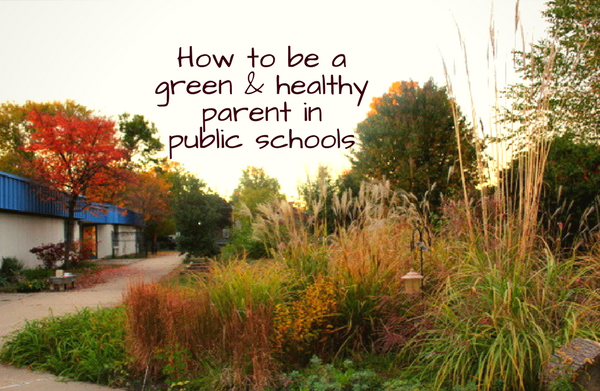
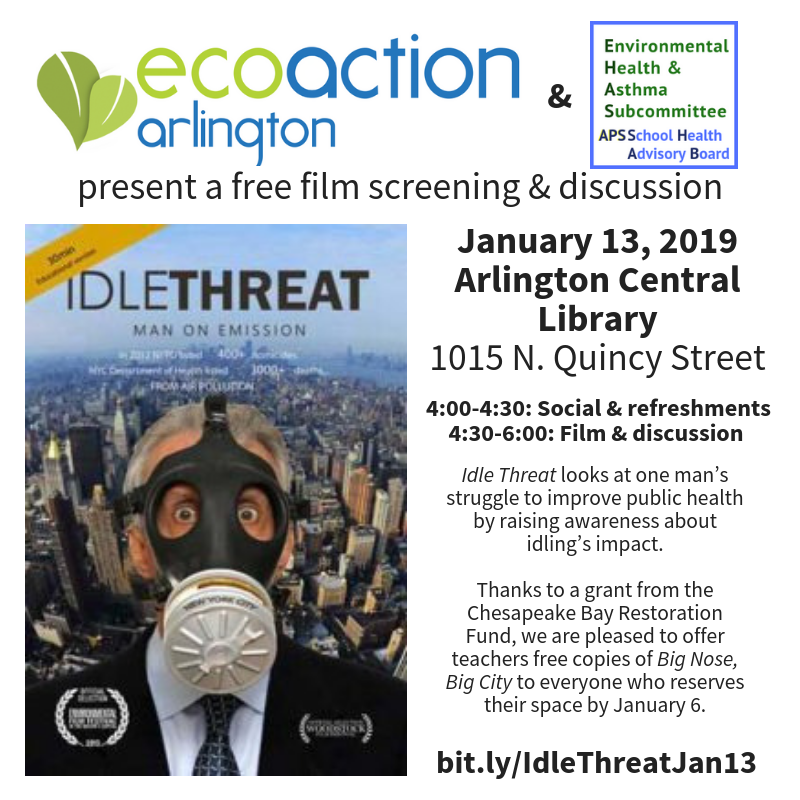
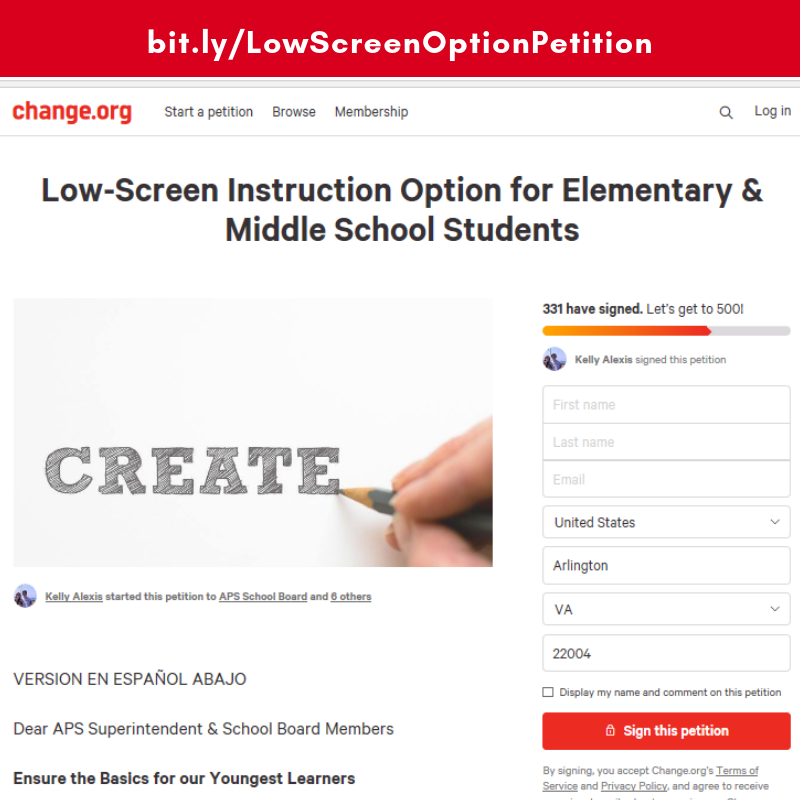
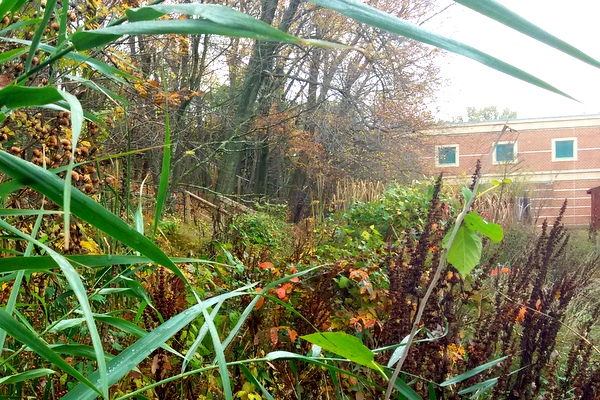
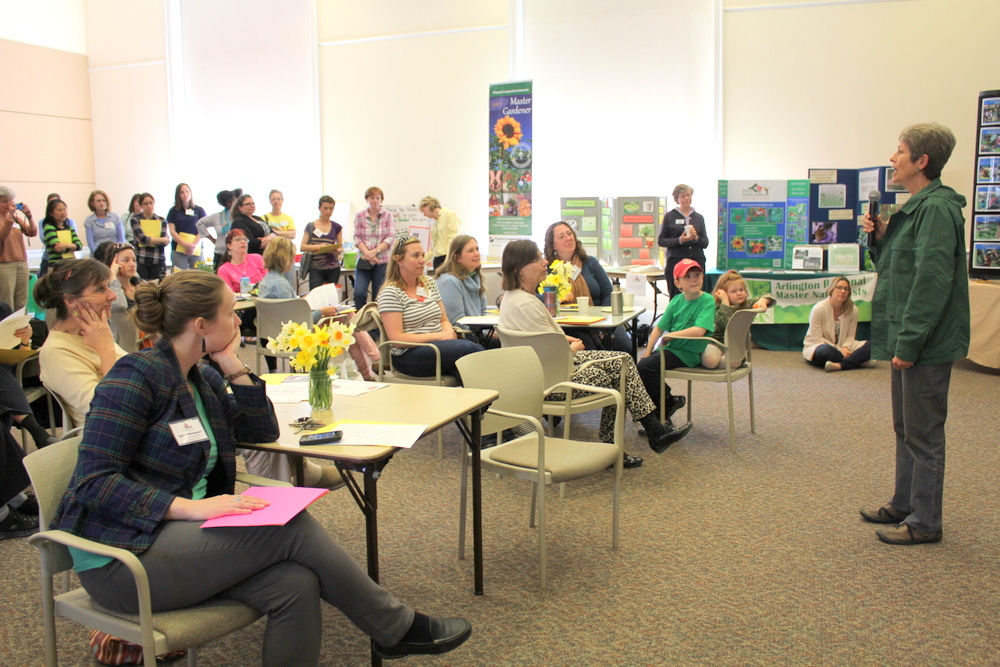
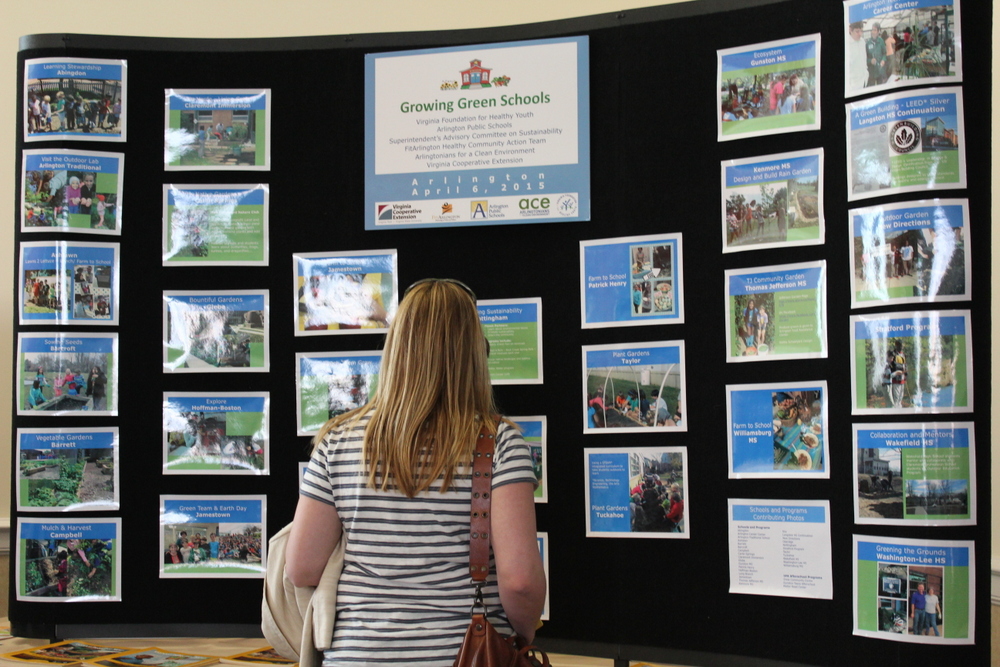
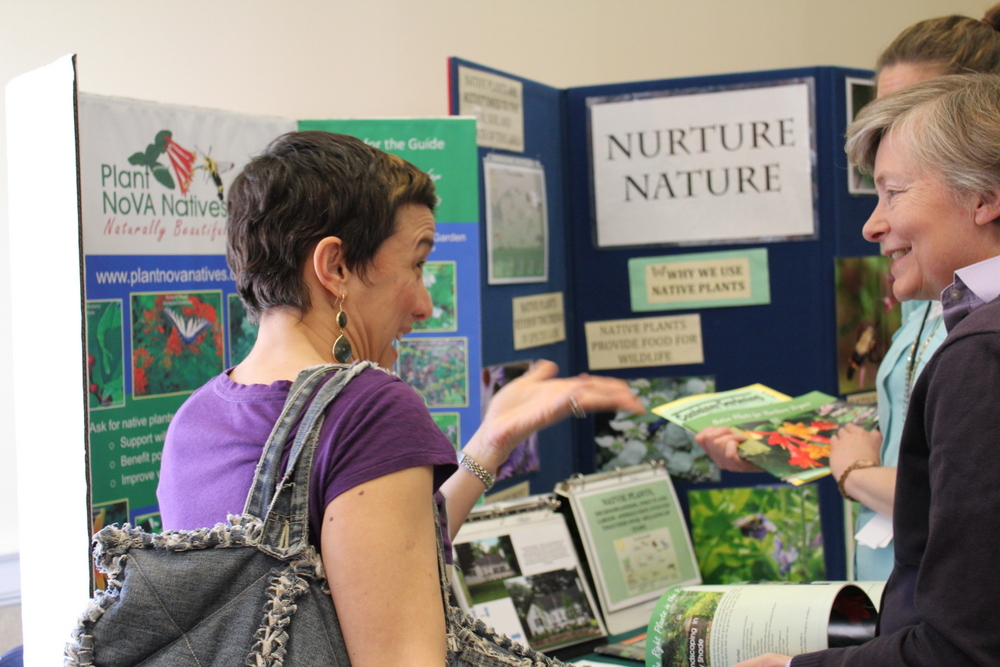
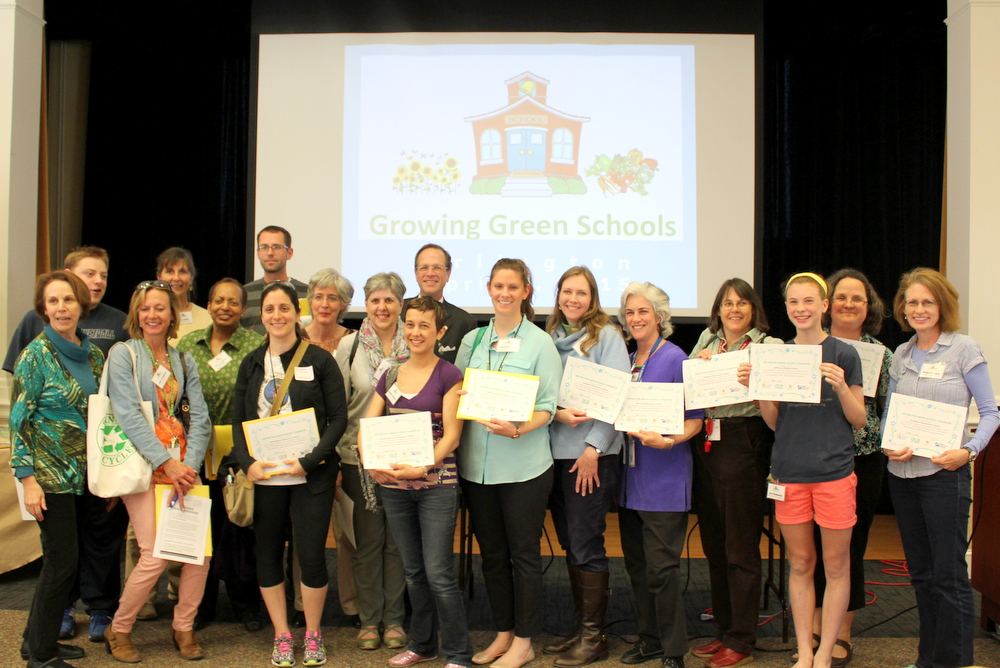
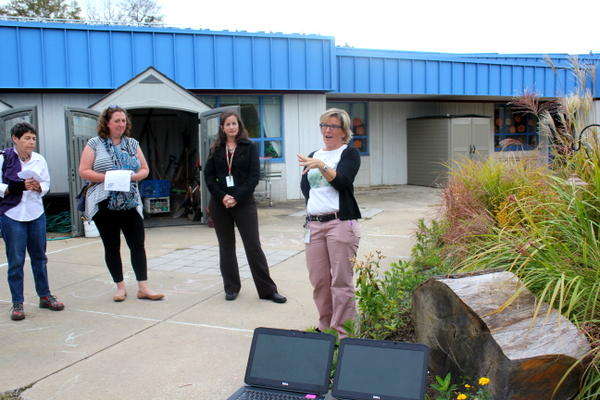
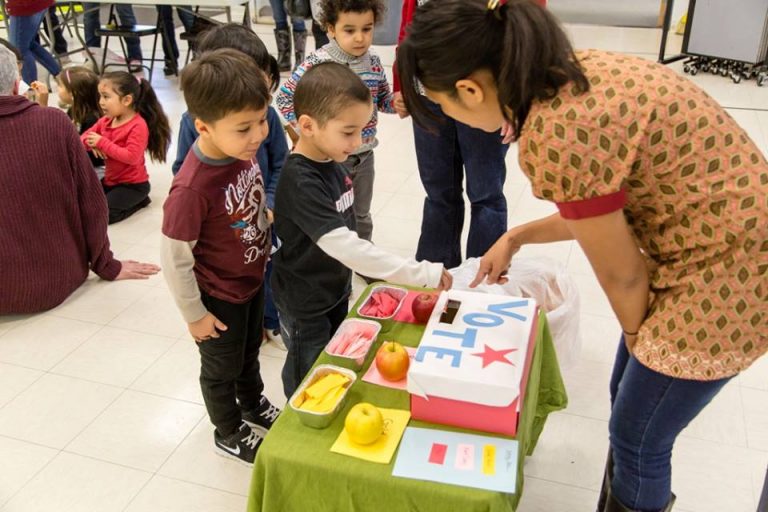
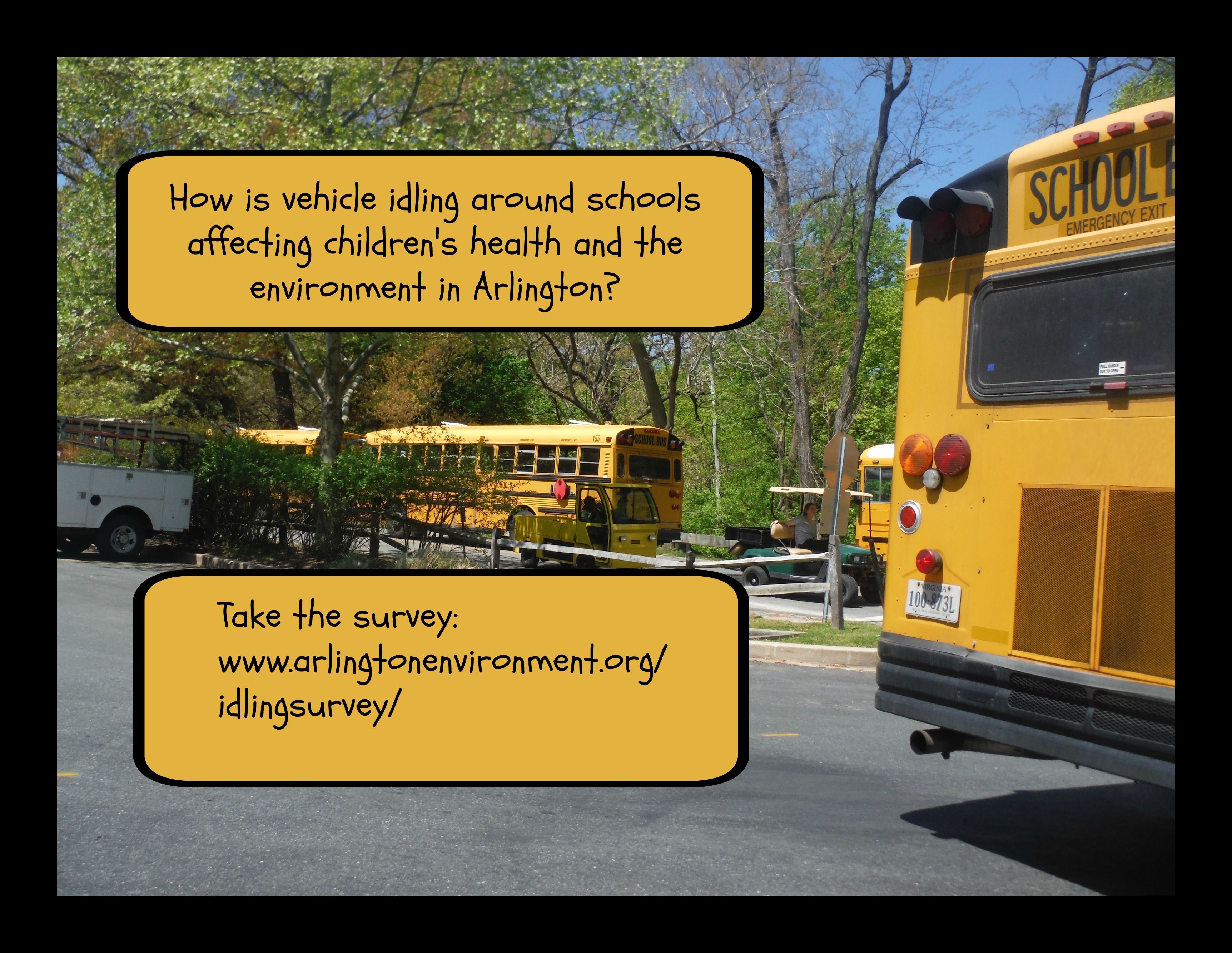
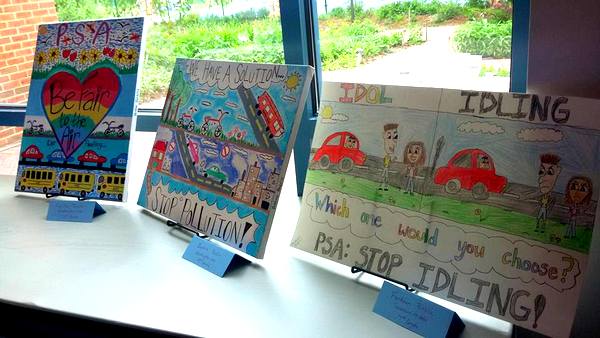
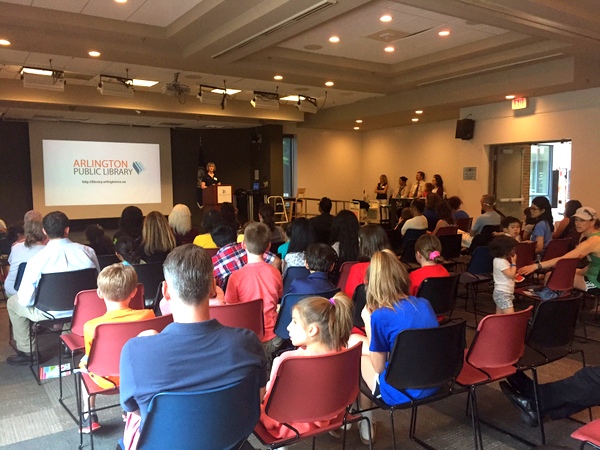
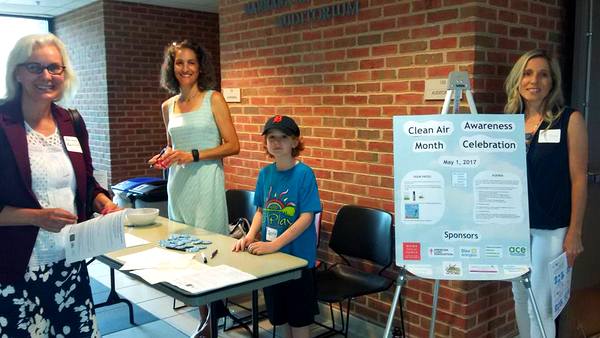
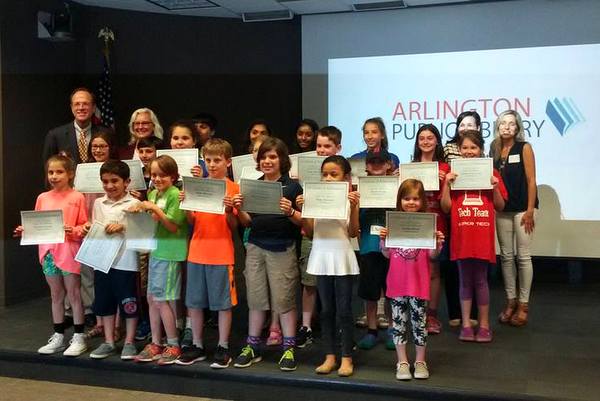
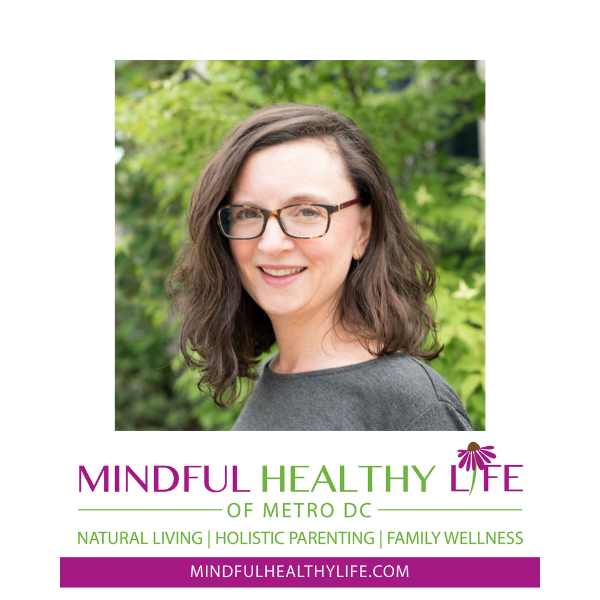
I love this article! Parent involvement is key to the success of so many of the projects I work on with schools. There is incredible potential for positive change. I encourage parents to get involved and help to transform their children’s schools.
Thank you, Nancy! Your leadership and vision have been a true inspiration!
Hi Jessica! I really enjoyed reading this article. You bring some valid points to the table that I believe every parent should consider. Parental involvement in schools is very important because it helps enforce healthy behaviors parents are implementing at home to their children. Especially when it comes to healthy eating. I’m a firm believer that balanced snacks and meals in the school environment, can reduce overeating and combat chronic illnesses prone in childhood years and in adolescence. Looking forward to reading more!